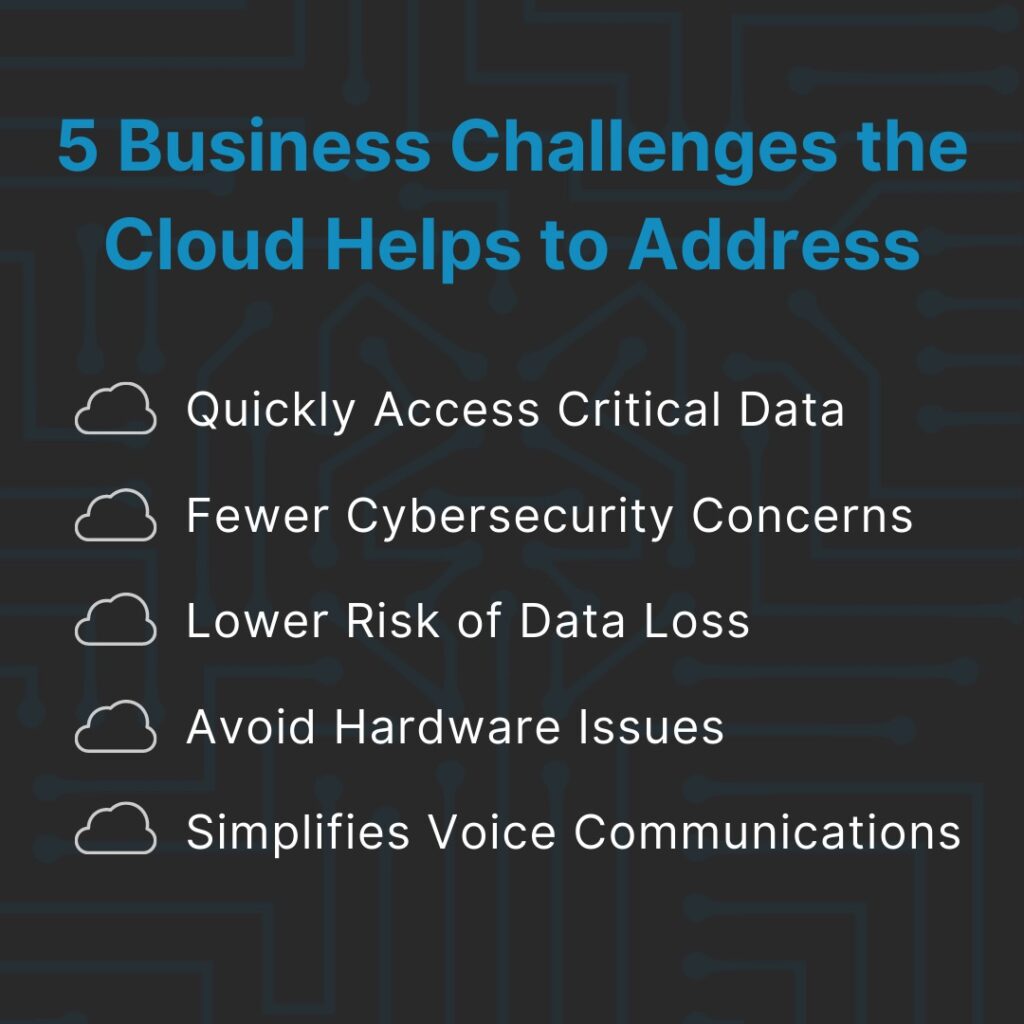 This past year has emphasized to businesses the importance of quickly adapting to the latest technology to survive. Many companies experienced an unexpected shift to remote work. As a result, they needed reliable solutions for online productivity and collaboration for all employees.
This past year has emphasized to businesses the importance of quickly adapting to the latest technology to survive. Many companies experienced an unexpected shift to remote work. As a result, they needed reliable solutions for online productivity and collaboration for all employees.
As a result, businesses turned to the cloud for services beyond the basics like hosting websites and email and sought advanced options like servers, applications, and tools. Therefore, platforms like Microsoft 365, Google Cloud, and Amazon Web Services began being adopted by businesses and individuals who never used them before. That shift is continuing to accelerate, with Gartner reporting that “worldwide end-user spending on public cloud services is forecast to grow 18.4% in 2021 to total $304.9 billion, up from $257.5 billion in 2020.”
Here are five ways the cloud helps to address remote business challenges:

Challenge 1: Quick Access to Critical Data and Applications
The cloud offers unparalleled connectivity to data and applications —from anywhere and at any time, with any internet-enabled device. This interconnected world allows opportunities to conduct business anywhere, like at home, at the airport, or in a café. Employees can truly be on the go and take their work anywhere they are.
Challenge 2: Less Data Safety and Cybersecurity Concerns
The cloud offers multiple layers of security. It is much safer and more difficult to break into than data stored on employee’s personal computers by design.
There are a couple of steps that you can take to add extra precautionary measures to protect your data in the cloud, as outlined in our blog post here . Your cloud service provider can also add multiple layers of security.
Challenge 3: Low Risk of Data Loss
With the cloud, there is less risk when it comes to losing data. The cloud stores everything in multiple locations. Instead of storing everything on an employee’s personal computer.
The cloud is not completely foolproof at preventing data loss. However, two-factor authentication, encrypted service providers, and backing up to other sources are ways to make the cloud safer than on-site storage.
Challenge 4: Avoid Hardware Issues
The cloud effectively renders hardware issues non-existent. Employees can use their devices as a gateway to access work online.
Hardware backups require more work and effort. They may need to be physically connected. In addition, parts of the hardware might need replacing. Then the backup only offers minimal protection the hardware is stolen or destroyed. There is more of a likelihood of losing all the data forever.
With the cloud, after logging in on a device, the rest of the work happens online, with no additional load on personal devices. In addition, dedicated cloud backup solutions are secure and convenient.
Challenge 5: Simplified Voice Communications
Moving calls to the cloud streamline technology and help to support your organization as your business grows. For example, VoIP (Voice Over Internet Protocol) allows you to communicate by sending voice as data packets using the internet. The software-based VoIP system can provide access from anywhere. . With this technology, companies with VoIP systems can keep their office phone numbers responsive even when their staff works from home.
Searching for the Right Cloud Solution for your Business?
While these advantages from the cloud can help a great deal in maintaining business continuity, your business may need extra assistance. Plus, there are always other security concerns that crop up in a remote working environment.
Wahaya IT offers cloud solutions and mechanisms that can help put these concerns to rest. We work with many different managed and hosted solutions providing email, virus protection, data security, IP telephony, backup solutions, and much more.
Talk to our experts to see what cloud security options are right for you. Contact us to learn more.

































